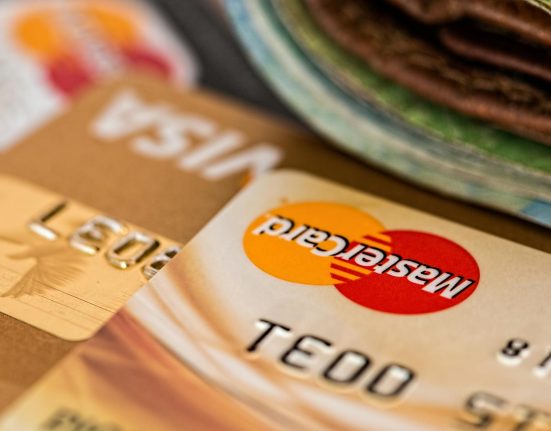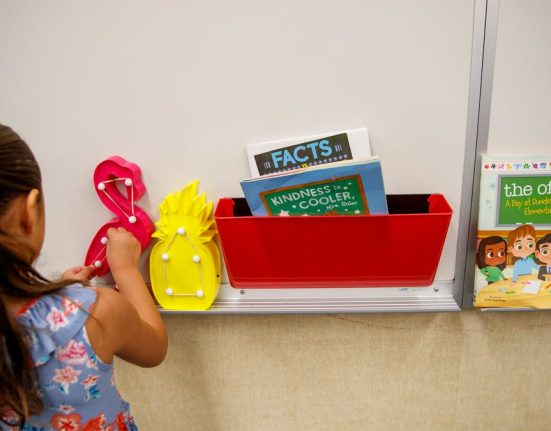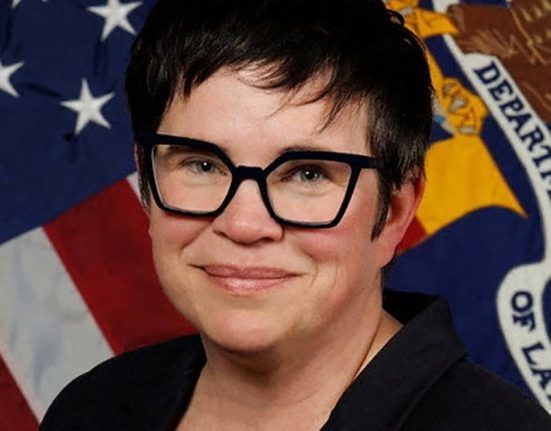The Department of Education under President Donald Trump has suspended student loan forgiveness for borrowers enrolled in the Income-Based Repayment (IBR) plan.
The pause impacts around 2 million borrowers seeking relief under one of the last remaining federal income-driven repayment options not blocked by legal challenges or court orders.
System updates tied to related legal actions against other forgiveness plans have stalled processing for those reaching the end of their IBR payment terms, leaving borrowers in limbo as they await clarity on when forgiveness may resume.
“Currently, IBR forgiveness is paused while our systems are updated,” the Department said in an updated guidance earlier this month. “IBR forgiveness will resume once those updates are completed.”
“Student loan borrowers who anticipated that a portion of their loans would be wiped out are in panic mode,” Erica Sandberg, Consumer Finance Expert at BadCredit.org, told Newsweek in part.
Why It Matters
The shift affects a federal student loan system serving more than 40 million Americans and carrying over $1.6 trillion in debt.
Recent restructuring efforts and legal battles, such as the suspension of the Biden-era SAVE (Saving on a Valuable Education) plan, have triggered widespread confusion, bottlenecks, and delays in debt relief.
The IBR suspension compounds uncertainty for borrowers relying on income-driven repayment as an attainable path to loan forgiveness. Meanwhile, Congress has enacted reforms through the “One Big Beautiful Bill Act,” which eliminates most current repayment plans and rewrites the rules for future loan forgiveness.

Win McNamee/Getty Images
What To Know
The Department of Education attributed the suspension to technical system updates, indirectly referencing recent federal court injunctions against the SAVE plan, which was introduced under former President Joe Biden.
Although legal action has directly blocked SAVE, the Department extended the processing freeze to the IBR plan.
IBR participants who have reached the forgiveness threshold—20 or 25 years of qualifying payments—are unable to have their balances canceled for now.
“Student loan borrowers who anticipated that a portion of their loans would be wiped out are in panic mode,” Erica Sandberg, Consumer Finance Expert at BadCredit.org, told Newsweek. “Formal forgiveness under all repayment plans except the Income-Based Repayment (IBR) plan have been blocked, at least for now.”
Borrowers may continue making payments (which could later be refunded after loan discharge) or request a forbearance to suspend payments until the Department lifts the pause. However, interest will accrue during forbearance periods, adding to borrowers’ eventual repayment totals.
The Department has not offered a definitive timeline for when IBR forgiveness processing will resume, leaving roughly 2 million Americans with limited relief options.
The Trump administration’s restructuring of federal student loan programs is accompanied by legislative changes from the “Big, Beautiful Bill,” which consolidates repayment options and implements strict new borrowing caps.
The approved bill also sets a maximum 30-year term for forgiveness under the future Repayment Assistance Plan (RAP). Existing plans—including IBR, PAYE, and ICR—will be eliminated for new borrowers starting July 1, 2026, and current participants will be transitioned by July 2028.
The Biden-era SAVE plan, which offered a 5 percent payment cap for undergraduate loans, remains blocked in court.
The Department of Education’s staff layoffs and system modernization, along with continued litigation, have created major backlogs in loan servicing and income-driven repayment applications.
“The Trump administration wants to roll back most of the forgiveness policies, and they’ll do everything they can—within the legal structure—to make that happen,” Kevin Thompson, the CEO of 9i Capital Group and the host of the 9innings podcast, told Newsweek. “This is just another example of how they’ll either force repayment or make forgiveness harder to access.”
Newsweek reached out to the Department of Education for comment via email.
What People Are Saying
Erica Sandberg, consumer finance expert at BadCredit.org, told Newsweek: “Anyone expecting that a portion of their obligations would be forgiven must now take the wait and hope approach. Student loan debt cancellation would have been available to people who had a remaining balance at the end of their repayment term, either 20 or 25 years depending on the origination date of their their loans. It was the light at the end of the tunnel.”
Kevin Thompson, the CEO of 9i Capital Group and the host of the 9innings podcast, told Newsweek: “This is going to be debilitating for many. Borrowers were expecting these loans to eventually be forgiven, and now they’re facing even more uncertainty.”
Alex Beene, a financial literacy instructor for the University of Tennessee at Martin, told Newsweek: “Unlike some of the forgiveness efforts introduced by the Biden administration, the income-based repayment plan was actually one congressionally approved that allows for forgiveness after a 20- or 25-year repayment term. There’s a degree of shock in this, as many assumed this plan would be safe, even as other plans like SAVE were legally challenged. At this point, it’s just suspended, but borrowers on the plan need to pay careful attention in the coming weeks to any developments.”
What Happens Next
Borrowers affected by the IBR forgiveness pause are advised to monitor their loan servicer accounts, continue making payments if able, and consider seeking forbearance with careful consideration of interest accumulation.
The Department of Education has not clarified when the system updates or forgiveness processing will resume. Meanwhile, the transition to the “Big, Beautiful Bill” repayment programs is expected over the next three years, and further legal developments could influence broader debt relief options for millions.
“Removing loan forgiveness from the equation has devastated financially strapped borrowers,” Sandberg said.
“It’s even worse for those who have already met the requirements for forgiveness. At this juncture, their plans to move forward with spending and saving must wait or be adjusted. As a protective measure, they’ll have to build the payments back into their budget for the foreseeable future.”







